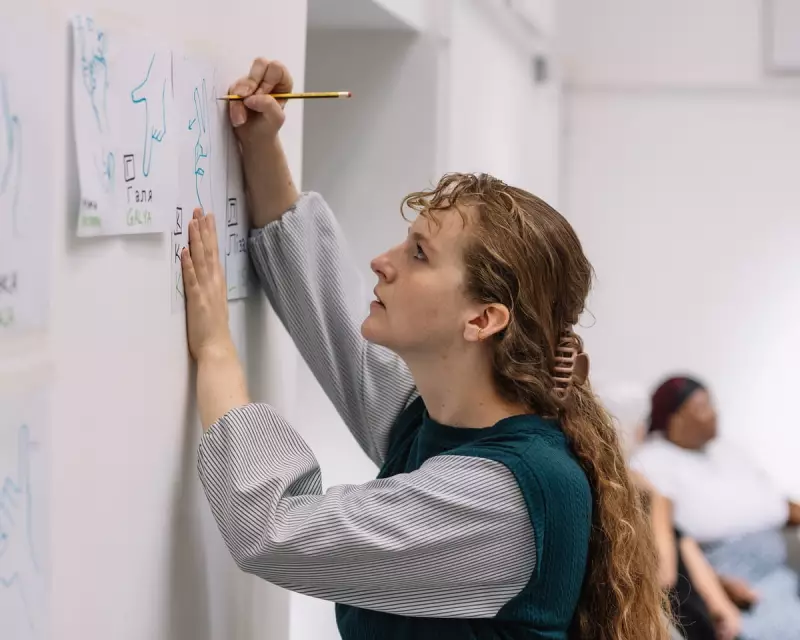
A bold new theatre production is challenging audiences by adapting powerful poetry rooted in Deaf resistance. The project has ignited discussions about the ethics of reinterpretation and whether such works can authentically connect with hearing audiences.
The Ethical Dilemma
The creative team behind the production openly questioned whether adapting this deeply personal form of expression was ethically sound. "We wrestled with this constantly," admitted the director. "These poems weren't written for theatrical performance originally - they're acts of cultural preservation and political statement."
Bridging the Divide
The production employs innovative techniques to make the experience accessible to both Deaf and hearing audiences. Creative sign language interpretation, visual poetry, and tactile elements create a multisensory experience that goes beyond traditional theatre.
Early audience reactions suggest the gamble is paying off. "I've never experienced anything like this," remarked one theatre-goer. "It's not just watching a performance - you feel the resistance, the pride, the struggle in your bones."
Cultural Significance
The poems at the heart of the production document generations of Deaf experience, from educational oppression to linguistic discrimination. By bringing them to the stage, the creators hope to foster greater understanding of Deaf culture and history.
As the production prepares for its London run, it stands as a testament to the power of artistic risk-taking and the importance of amplifying marginalised voices in mainstream spaces.






